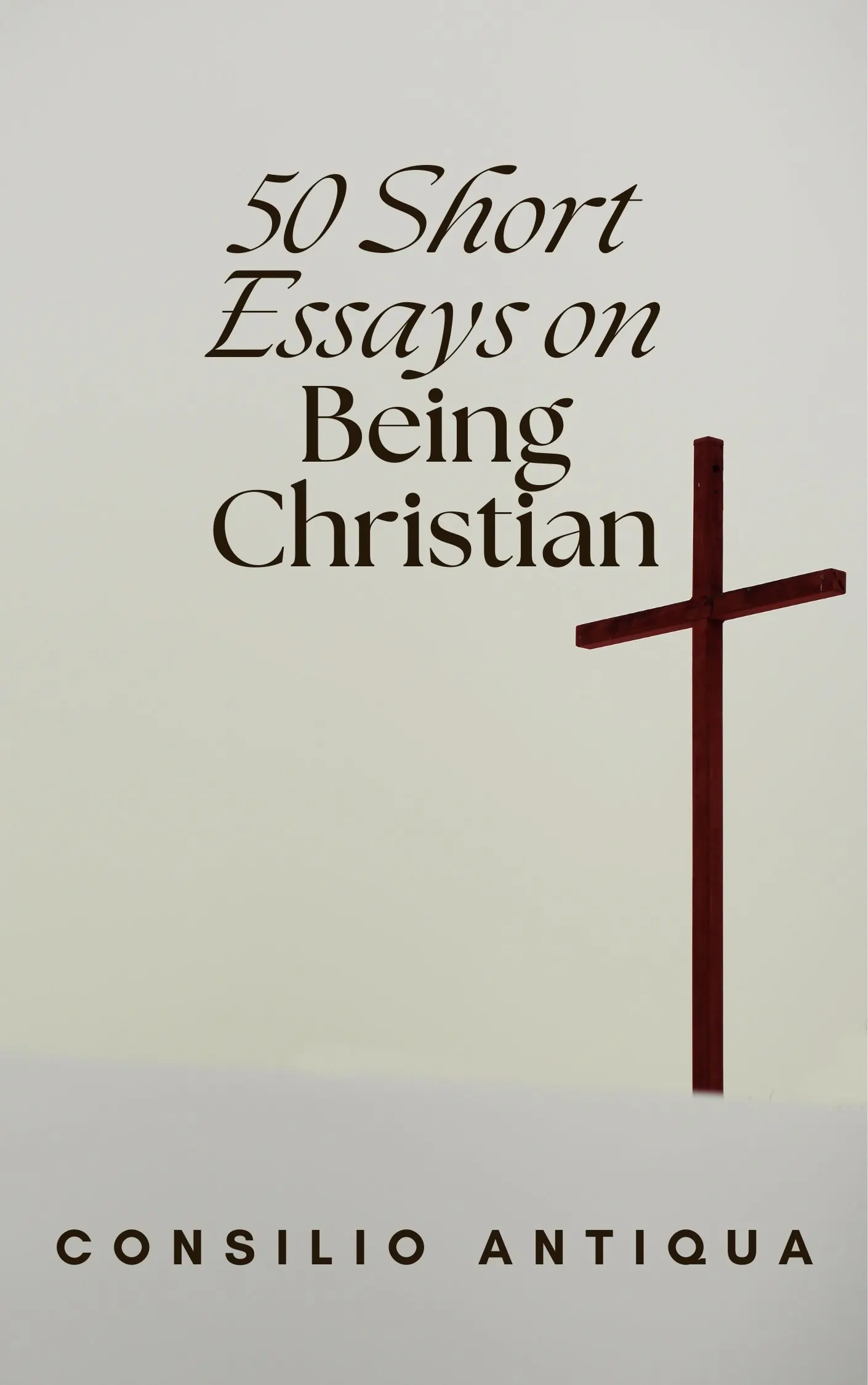
50 Short Essays on Being Christian | Chapter Christianity and Gender Roles
Chapter Christianity and Gender Roles
Exploring equality and dignity in faith contexts
Gentle Inquiry
"Grandma," Sarah began, her voice soft as she sipped her tea. "I've been thinking a lot lately about the way we talk about men and women in the church. It feels like there are these clear-cut roles, and it feels… well, limiting."
Her grandmother, a woman whose faith was woven into the very fabric of her life, smiled warmly. "What are you thinking, dear? Tell me more."
"It's just," Sarah continued, "I see so many women who are incredibly gifted, with a passion for leadership, for teaching, for serving in the church. But they're often told their talents should be directed elsewhere, in the home, or in support roles."
A Tapestry of Many Threads
"You see," her grandmother replied, taking Sarah's hand, "there's a tapestry of voices within our faith. Some voices are loud, clear, and well-worn, but they're not the only ones. We need to listen to all the threads, the whispers and the shouts, to understand how God works in the lives of different people."
"But what about the Bible?" Sarah pressed. "Doesn't it say that women should be submissive to men? And that it's inappropriate for women to lead?"
The Nuance of Scripture
Her grandmother's gaze softened. "The Bible is a complex and beautiful book, full of stories, poetry, and laws. It was written in a different time, for a different audience. To understand the message, we need to consider the historical context, the cultural norms, and the diverse voices within the Bible itself. There are passages that speak of women as leaders and teachers, prophets and healers. We can't ignore those voices."
"But what about the passages that seem to support traditional gender roles?"
"Those passages," her grandmother said, "must be read in dialogue with the other voices. We need to ask ourselves: what does justice look like? What does it mean to honor the dignity of all people, regardless of gender? What does it mean to live out the love of God in a way that acknowledges the full potential of every human being?"
A Question of Dignity
Sarah pondered her grandmother's words. "It's not just about women having the same roles as men. It's about recognizing that every person, regardless of gender, has inherent worth and dignity. It's about valuing the unique gifts and talents that each person brings to the world."
"Exactly," her grandmother affirmed. "God created us all in the image, not the role, of God. And that image is one of love, creativity, and boundless potential."
An Ongoing Journey
As the sun dipped below the horizon, casting long shadows across the room, Sarah's heart felt lighter. Her grandmother had not offered easy answers, but she had opened a door to a deeper understanding.
"The church," her grandmother continued, "is like a living, breathing organism, constantly growing and evolving. It's a journey, not a destination. And on this journey, we need to be open to the whispers of the Spirit, to the voices of those who have been marginalized, and to the diverse ways God is working in the world."
Sarah smiled, a newfound sense of hope blooming within her. "I think I see now," she said. "It's not about fitting into a pre-determined box, but about embracing the tapestry of faith, with all its vibrant threads, and letting our own voices contribute to the rich beauty of the whole."
A Call to Reflection
As Sarah walked home that evening, she realized that the conversation had been more than just an exchange of ideas. It was a gentle nudge towards a deeper understanding of faith, a call to examine her own assumptions, and a reminder that the journey of faith is a continuous unfolding, a tapestry woven with countless threads of love, grace, and the ever-present quest for justice.
